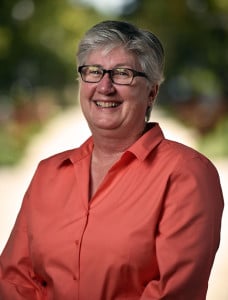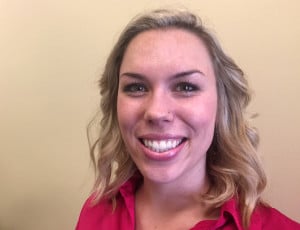Stanford has named Catherine Glaze ’80 JD ’85 as its new campus Title IX coordinator, according to the Stanford News Service. In addition to Glaze’s appointment, Stanford also announced that Carley Flanery would serve as the new director of the Office of Sexual Assault & Relationship Abuse Education & Response (SARA).
Glaze, who studied economics at Stanford before going to Stanford Law School, is currently the associate dean for student affairs within the Stanford Law School, for which she previously served as a sexual harassment adviser. She has also previously been chair on the Board of Judicial Affairs and an investigator for the Title IX Office.

Since October, Glaze has served as the interim Title IX coordinator following Catherine Criswell Spear’s exit from the position. Spear’s tenure, from May 2014 to September 2015, was controversial, with her investigation into sexual harassment at Sigma Alpha Epsilon (which resulted in their loss of housing) and her year-long travel ban on the Leland Stanford University Junior University Marching Band drawing criticism from students. Spear left Stanford for the University of Virginia, where she now serves as Assistant Vice President of Equal Opportunity Programs.
Title IX, passed in 1972, is a federal law that prohibits sex-based discrimination in educational programs. Stanford’s Title IX Office is responsible for educating students and faculty about what rights Title IX grants them, and also investigates crimes such as sexual misconduct, sexual harassment and sexual assault.
“Making our campus safe and welcoming for all members of our community is important work, and I’m honored to have a part in that work,” Glaze said. “I’m committed to processes that are effective and fair, and that are perceived that way by students.”
Glaze’s new position also grants her oversight of the SARA Office, which too has a new leader—Carley Flanery, who has spent the last year serving as the office’s assistant director. The SARA Office offers education about what constitutes a healthy, consensual relationship as well as support for students in abusive relationships.

Flanery obtained master’s degrees in public health and social work at the University of Michigan. She organized programs there designed to prevent and educate students about relationship violence. She then came to Stanford in February 2015.
“My first priority is to be a resource to students,” Flanery said. “No matter where they’re at, what they know or what experiences they’ve had, I am here to empower them, to answer their questions and to help get them the support they need.”
Contact Jacob Nierenberg at jhn2017 ‘at’ stanford.edu.